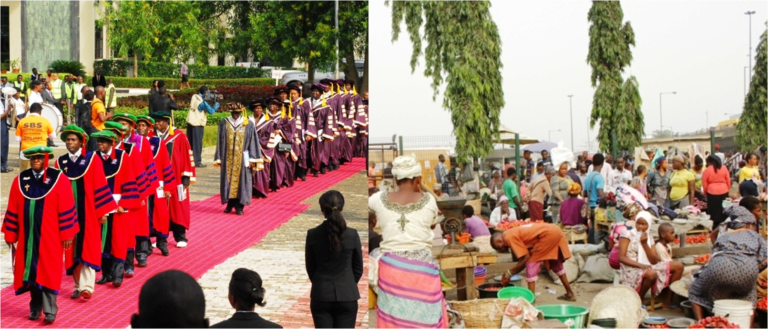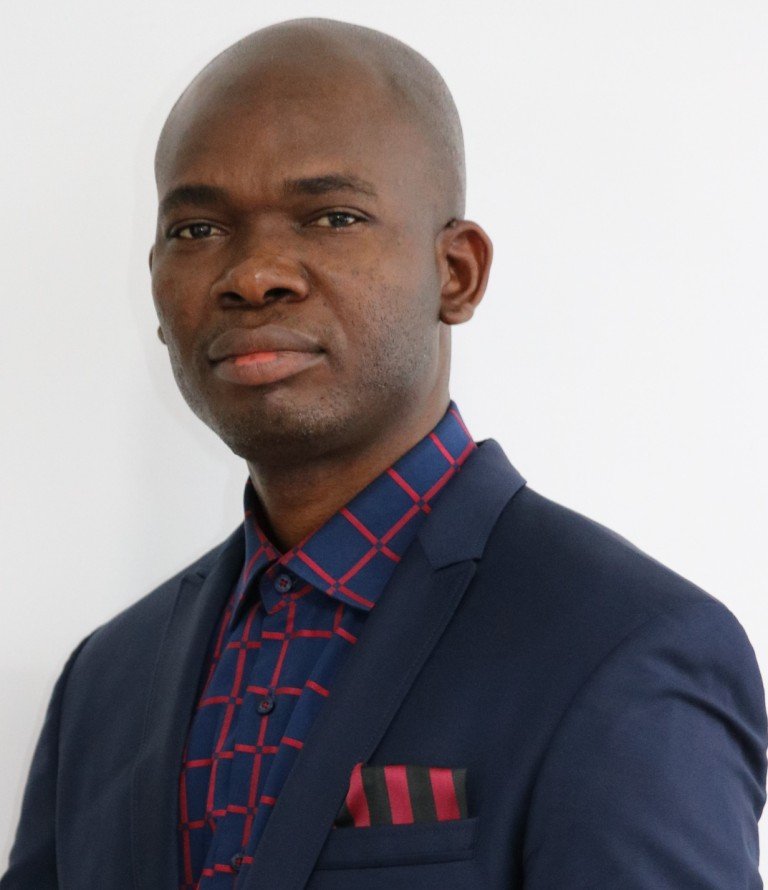At this point in time, globally, any conversation that doesn’t start or end with the COVID-19 pandemic (and most recently racism/Black Lives Matter) may seem a hard sell. Notwithstanding, the pandemic is a passing phase. And since there’s life after COVID-19, I might as well present an issue that is very essential to the progress of Nigeria’s higher education system.
Early in 2019 I led a team to deliver a presentation at a university close to two important economic cities in Nigeria, Aba and Port Harcourt – I will withhold the name of the institution here so I do not subtract from the crux of this piece. The focus of the presentation was on how the university could establish a functional and sustainable endowment fund.
While researching for the presentation, two key conclusions were boldly underlined: First, most higher education institutions in Nigeria do not believe they have any form of responsibility for the social and economic vitality of their communities (or regions); second, most institutions do not have any strategic plan on how to engage and impact their communities effectively. Yet, the universities, polytechnics and colleges need these communities to in order to thrive.
Based on the above conclusions, it was not surprising at all when we received a ‘nil’ to the question, “what are your institution’s plans for Aba and Port Harcourt?”, which was posed during the said presentation. The university did not (and perhaps still does not) see any role and opportunities for the institution in the “Made in Aba” drive, for example.
Part of the solutions we sought to provide the institution as a subset of the sustainable endowment drive was, to help it build a system that leverages the internal capabilities of the institution to make a good example of itself of what the society should look like, in every sense. Isn’t it always somewhat puzzling pondering over why so many higher education institutions that have architecture, engineering, and social, agricultural and environmental sciences, and arts faculties, etc, still appear largely unkempt? Yet, degrees are awarded in these faculties from year to year.
To further emphasize this lack of interest, responsibility and plan to impact the community effectively by a host of tertiary education institutions in Nigeria, it suffices to bring my alma mater (University of Nigeria, Nsukka) into context. If you passed through Nsukka campus of the university, or if you have a good knowledge of Nsukka, you might have observed that it is a thriving market for honey and banana. However, for the purpose of this article, honey takes precedence.
Residents and visitors to Nsukka buy honey from the market in all sorts of bottles and plastic containers. Disappointingly, I can bet you that nothing has changed in the crude way that business thrives in the last 20 years, despite the presence of the university in its neighbourhood – about 2 km from the main market. So why has there not been any significant improvement in the situation? Wait a second!
Global honey market
As at 2018, the global honey market size is rated USD 8.4 billion (NGN3.276 trillion), and according to the Global Honey Market Analysis, Trends, and Forecasts Report 2019, it is projected to hit USD 14.4 billion by 2025; though Coronavirus pandemic will have a negative impact on the CAGR of 8% over the period in review. With reference to 2018 data, here are the countries with the highest volume of global honey imports: “US: $504.2 million (22.5% of total natural honey imports); Germany: $305.7 million (13.6%); Japan: $145.4 million (6.5%); France: $129.5 million (5.8%); United Kingdom: $128.3 million (5.7%)”. Now, let’s get back to the question, ‘so why …’?
How could the university add value to the honey business community?
The answer to the “why” is at the foundation of higher education system in Nigeria. Academic institutions are structured to see themselves first and foremost as issuers of certificates and academic research publishers. While there is nothing particularly wrong with those roles, what the institutions need to do differently is to make community impact a core part of the certification/qualification process, while also finding a better balance between researching for paper publications in journals and conducting solution-oriented researches.
With specific reference to the honey business above, imagine if University of Nigeria, Nsukka could deploy its intellectual capital – across a wide range of fields from sociology, business administration, accounting, biochemistry (or pharmacy), marketing, agriculture to applied arts (with the support of an Entrepreneur in Residence) to work with select honey dealers/farmers in Nsukka and its environs over a period to develop and take the honey business to scale. Those involved from the university could earn their Masters or PHDs in the process. And who says that Nsukka honey cannot take a reasonable part of the global honey market share? In community development-oriented higher education systems, these things are commonplace. For instance, Nebraska Innovation Studio is a typical example of institutionalized community development effort by a university.
“Nebraska Innovation Studio — the UNL makerspace — is the creative and collaborative hub of Nebraska Innovation Campus, where makers and builders team up to conceptualize, prototype, and iterate projects that solve problems, influence change, and comment on our society. NIS is open to anyone in the Lincoln community. You don’t need to be affiliated with the University of Nebraska to join. Nebraska Innovation Studio is about more than a building full of tools — it’s about building a culture of innovation.”
A paradigm shift from individual to community wealth creation
In a previously published article, Diversification of an Economy: Why Research & Development Matter, how university knowledge could be leveraged to create a multi-billion dollar business was vividly highlighted. For this to happen in Nigeria, and it needs to start happening at a national-scale, academic institutions must accept as a primary responsibility, the shaping of the social and economic progress of their communities/regions. If we are interested in building a prosperous nation, we must make the necessary paradigm shift – focus on and invest more in community wealth creation than in individual wealth creation.
What critical steps must institutions take for effective community engagement and impact?
- The system must first of all recognize and give this role priority – making it a critical part of its professional qualification/certification process.
- Institutions must hire Chief Executives that can lead.
- Every institution must build functional systems that enable it leverage intellectual capital to model itself as society’s leading example, and in the process build capability to support its community/region effectively.
- Institutions need to develop strategic plans for effective community engagement.
- Institutions must set up systems that allow successful practitioners/professionals to teach/share knowledge periodically with the academic community. Roles like Entrepreneur in Residence, Professor of Practice need to be created and accommodated within the system.
It must also be mentioned, the strike actions must end- it is nothing short of a big shame on us. Government and ASUU need to save this country from a disaster. It is regrettable to imagine that the public universities in Nigeria have lost a huge opportunity to learn important lessons from the COVID-19 pandemic, largely due to the ongoing Academic Staff Union of Universities strike.
If the institutions and other key stakeholders decide to commit to rethinking the academia-community relationship and the right steps taken, the results will surely be outstanding. And the narrative can be a lot better than it is today.
Written by Odinaka Iloh
Interim CEO
Centre for Higher Education, Innovation and Development



